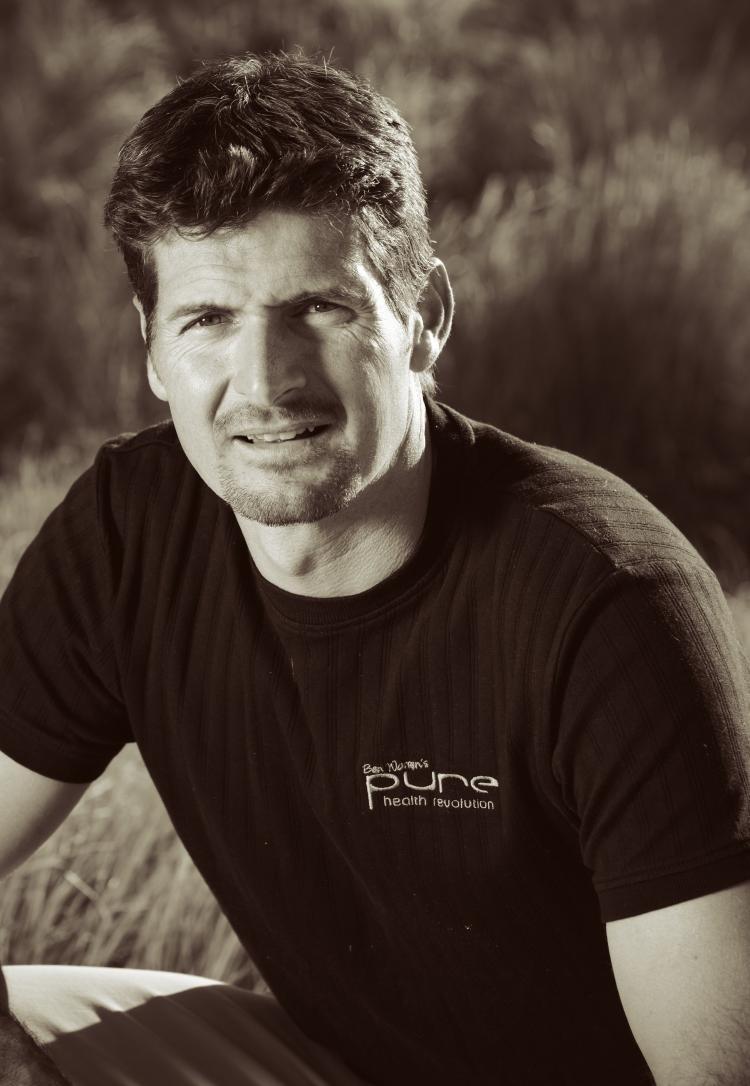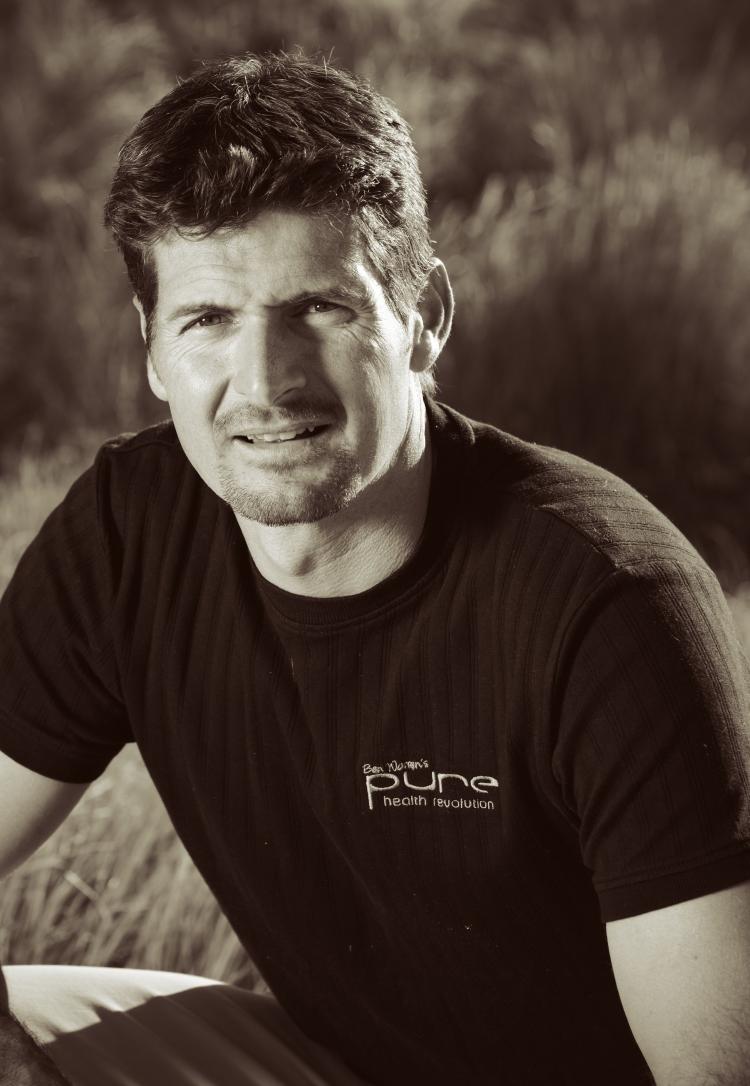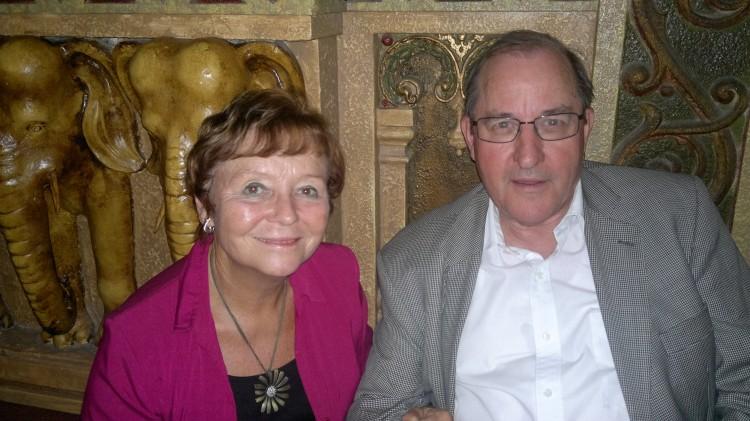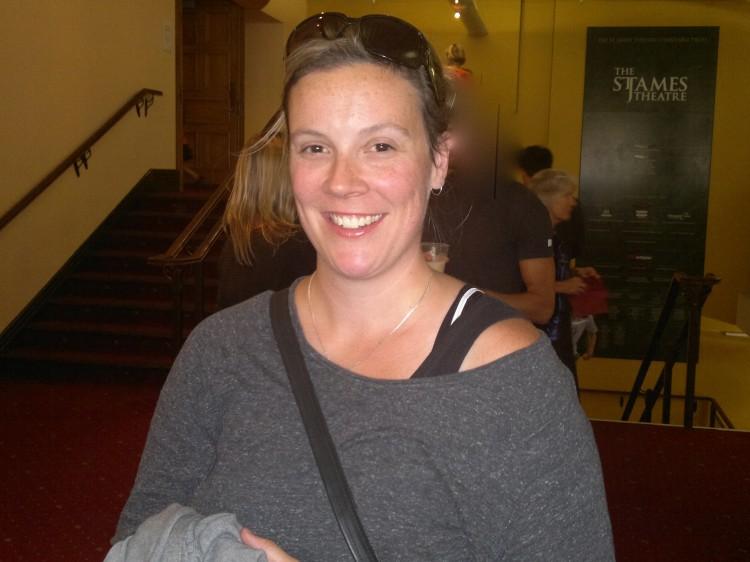AUCKLAND—Controversial nutritionist and kinesiologist, Ben Warren, has been defying conventional dietary guidelines by showing Maori how a diet, based on traditional ways, can help lose weight and restore good health.
Ben has been enlisted by former All Black captain, Taine Randall, to share his knowledge with the members of Te Aranga Marae in the Hastings’ suburb of Flaxmere.
Diabetes and obesity are in epidemic proportions amongst Maori with one in five suffering from a pre-diabetic condition.
Interest in the programme drew twenty-seven participants.
Adapting to a more traditional eating style wasn’t easy, said Ben. The biggest source of calories had come from processed foods with some participants eating two loaves of white bread daily and drinking large quantities of fizzy drinks.
The group were surprised to learn that there was no restriction on quantities and instead were encouraged to cut out bread, refined foods and sugar.
The diet, based on ancestral foods, involves eating meat, fish and vegetables including leafy greens.
Wholegrains—quinoa and buckwheat—have also been introduced.
“The first week they pretty much ate boil-ups three times a day and they loved it,” said Ben. They had always been told to avoid foods that were high in fat.
The programme has been going for 16 weeks with nutritional testing for the last 10 weeks. The average weight loss was 8.7 kilos.
The changes were “incredible.” They had expected the weight loss and improved blood sugar levels but the improvement in cholesterol levels was quite unexpected, Ben said.
Emotional blockages from the past and around food addictions were also looked at using emotional freedom techniques.
Hirini Price, father of a young family, said taking part in the programme with his wife made all the difference. Weighing in at 183 kilos, he has to date lost 23 kilos and can now play rugby again.
“I had noticed that I was jeopardizing my own health by what I was putting inside my body.”
A healthy stomach was vital if all other organs were to function well Hirini said. “So we learnt the importance of chewing and breathing properly.”
Besides being overweight, Hirini had been teetering on the edge of diabetes. With blood sugar levels now stabilized, he is feeling healthier and more energetic.
Further down the track, the programme will be replicated with one hundred participants.
Ben has been enlisted by former All Black captain, Taine Randall, to share his knowledge with the members of Te Aranga Marae in the Hastings’ suburb of Flaxmere.
Diabetes and obesity are in epidemic proportions amongst Maori with one in five suffering from a pre-diabetic condition.
Interest in the programme drew twenty-seven participants.
Adapting to a more traditional eating style wasn’t easy, said Ben. The biggest source of calories had come from processed foods with some participants eating two loaves of white bread daily and drinking large quantities of fizzy drinks.
The group were surprised to learn that there was no restriction on quantities and instead were encouraged to cut out bread, refined foods and sugar.
The diet, based on ancestral foods, involves eating meat, fish and vegetables including leafy greens.
Wholegrains—quinoa and buckwheat—have also been introduced.
“The first week they pretty much ate boil-ups three times a day and they loved it,” said Ben. They had always been told to avoid foods that were high in fat.
The programme has been going for 16 weeks with nutritional testing for the last 10 weeks. The average weight loss was 8.7 kilos.
The changes were “incredible.” They had expected the weight loss and improved blood sugar levels but the improvement in cholesterol levels was quite unexpected, Ben said.
Emotional blockages from the past and around food addictions were also looked at using emotional freedom techniques.
Hirini Price, father of a young family, said taking part in the programme with his wife made all the difference. Weighing in at 183 kilos, he has to date lost 23 kilos and can now play rugby again.
“I had noticed that I was jeopardizing my own health by what I was putting inside my body.”
A healthy stomach was vital if all other organs were to function well Hirini said. “So we learnt the importance of chewing and breathing properly.”
Besides being overweight, Hirini had been teetering on the edge of diabetes. With blood sugar levels now stabilized, he is feeling healthier and more energetic.
Further down the track, the programme will be replicated with one hundred participants.





